Gambling is a recreational activity considered an entirely normal behavior that has been present in many societies throughout history. Responsible gaming is the practice of gambling as a form of entertainment and fun. Being responsible for cash games means knowing if you want to play, how to play and how much money you are going to spend.
The problem with gambling poses the biggest threat to the growth of the gaming industry itself. Responsible Gaming is the result of a set of collective actions shared by individuals, communities, the gaming industry and the government to achieve socially responsible results.
Characteristics of the responsible player:
- Be informed about the real odds of winning or losing;
- Betting moderately;
- Enjoy the gaming experiences in low-risk conditions
A minority have difficulties betting on gambling as a healthy leisure option. Difficulties can be of different nature, duration and severity, and often end up affecting people in your personal, social and professional sphere.
What are the goals of Responsible Gaming?
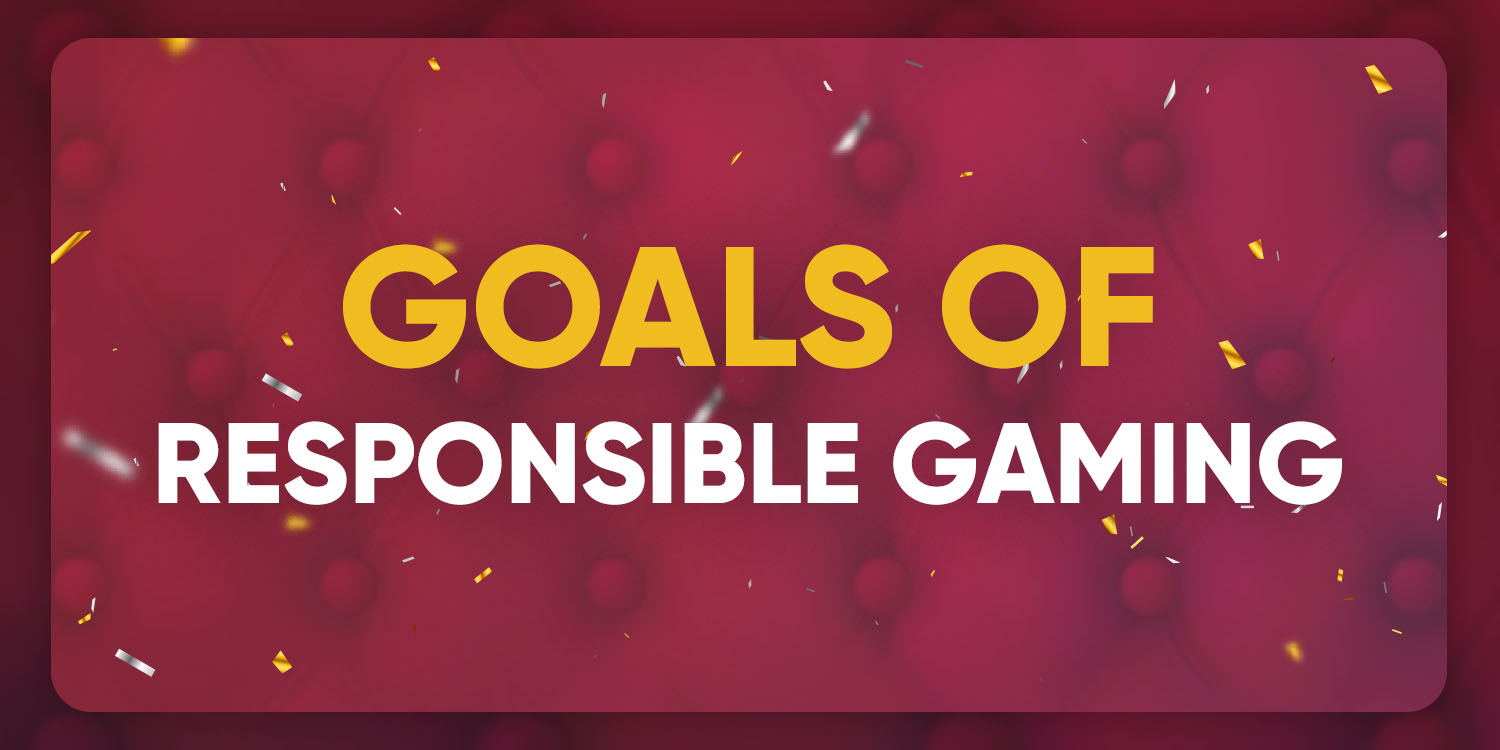
- First, provide consumer protection information, such as information on the nature of slot machine prizes and warnings that excessive gambling can be harmful to health.
- Second, propose measures to reduce the incidence of gambling. These include limited youth access to gambling, restrictions on the provision of alcoholic beverages to gambling customers, and controls over the availability of in-game credits.
- Third, plan programs to help troubled players and their families, which should include support services, competent training of personnel working on playgrounds.
What is compulsive play?
Compulsive gambling is also known as pathological gambling or gambling addiction. Since the 1980s, pathological gambling has been included in the Diagnostic and Statistical Manual of Mental Disorders as an impulsive disorder along with other similar disorders such as kleptomania.
This new understanding of the problems associated with compulsive play is fueled by growing research in this area. For people with pathological gambling addiction, treatment is vital because it can harm all areas of social life.
Recent research suggests that compulsive gambling is becoming more and more common these days as gambling is also more relevant, accessible and socially acceptable. Research to date also shows that pathological gamblers and drug addicts have the same genetic predisposition to impulsivity and addiction to “exciting” situations.
Just as drug addicts need ever higher doses to feel satisfied, gamblers are always looking for higher risks leading to gambling that they cannot afford.
The new understanding of compulsive gambling in recent years has led researchers to rethink the concepts of addiction. In the past, it was believed that addiction depended purely on the chemical. Today, addiction is broader and can be defined as the pursuit of an exciting experience but with serious consequences.
Problem recognition and help
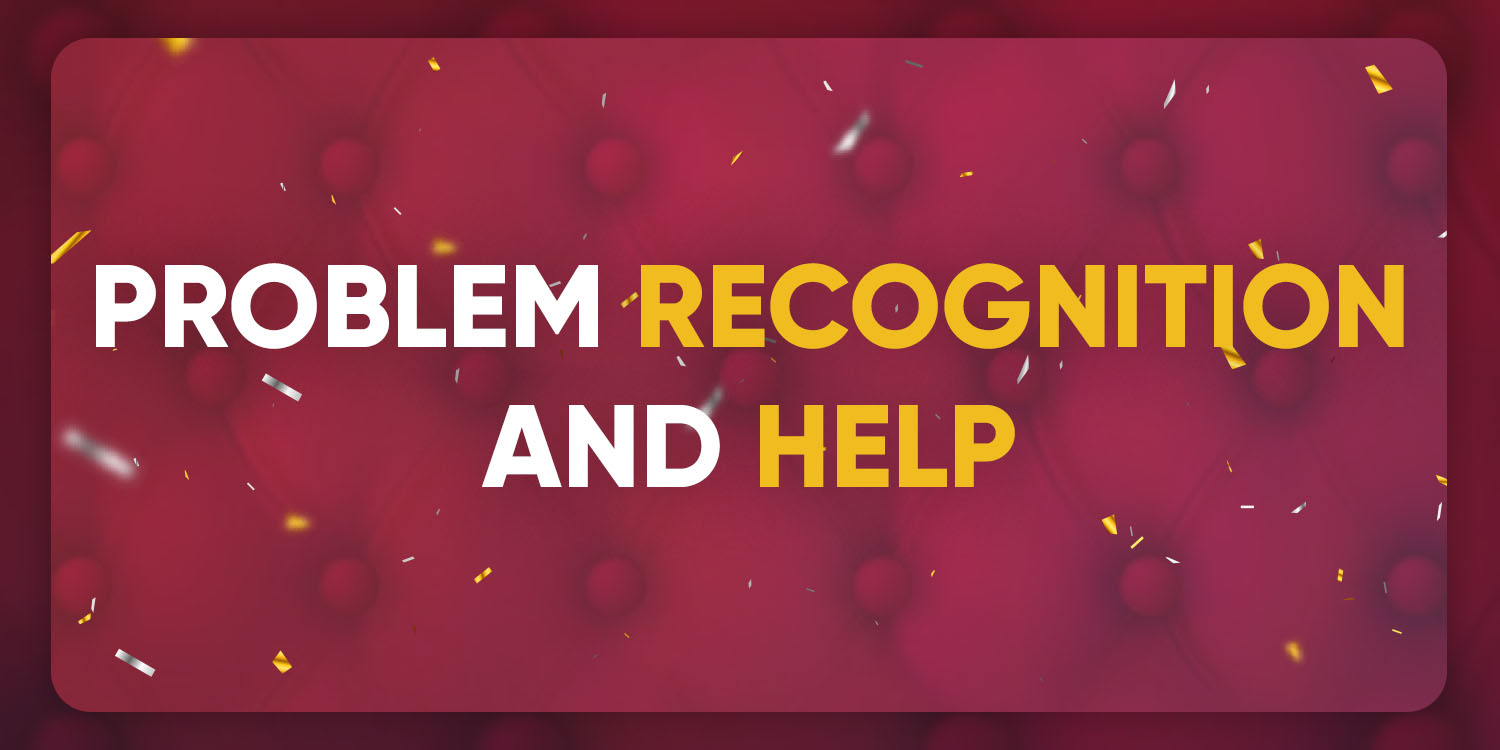
Recognizing gambling as a pathology, psychiatrists have found that pathological gamblers respond much better to the drugs and treatments commonly used in addiction cases through therapies and strategies to control the process.
Dozens of studies also show that cognitive-behavioral therapy is another possible treatment for gambling addiction, which aims to help addicts understand and change their thoughts, habits and behavior. Gamblers with gambling addictions, for example, can learn to question their irrational beliefs about gambling and understand the damage it has done to their lives.
However, seeking treatment requires gamblers to acknowledge the problem in the first place. About 80% of compulsive gamblers never seek treatment, and most of those who end up returning to the betting world, so it is important to prevent relapses and be aware of treatment options.
If you are an avid gamer or know any of them, do not hesitate to seek professional help.
Responsible Gambling tips and recommendations
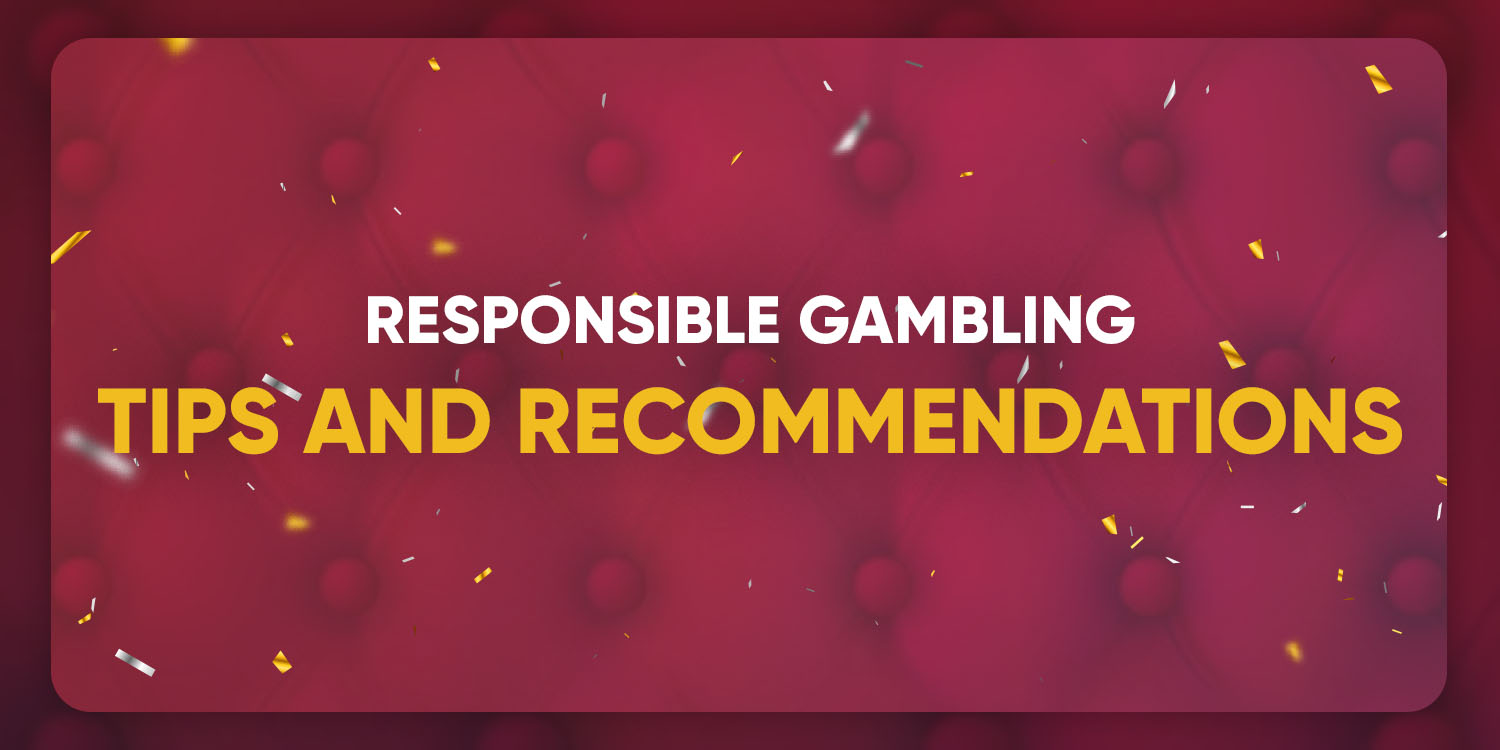
- Before betting, find out about the rules and characteristics of the games, the payout plans and the winning odds. In this way, you will be able to make a conscious decision about the options and amounts you want to bet;
- Set limits in advance on the time and money you can spend, always using moderate amounts;
- Don’t borrow money to play;
- Don’t gamble to recoup financial losses or solve personal problems;
- Take regular breaks during the game, always controlling your gains and losses;
- Remember that gambling is, above all, a playful and fun activity…
Assess your gaming habits
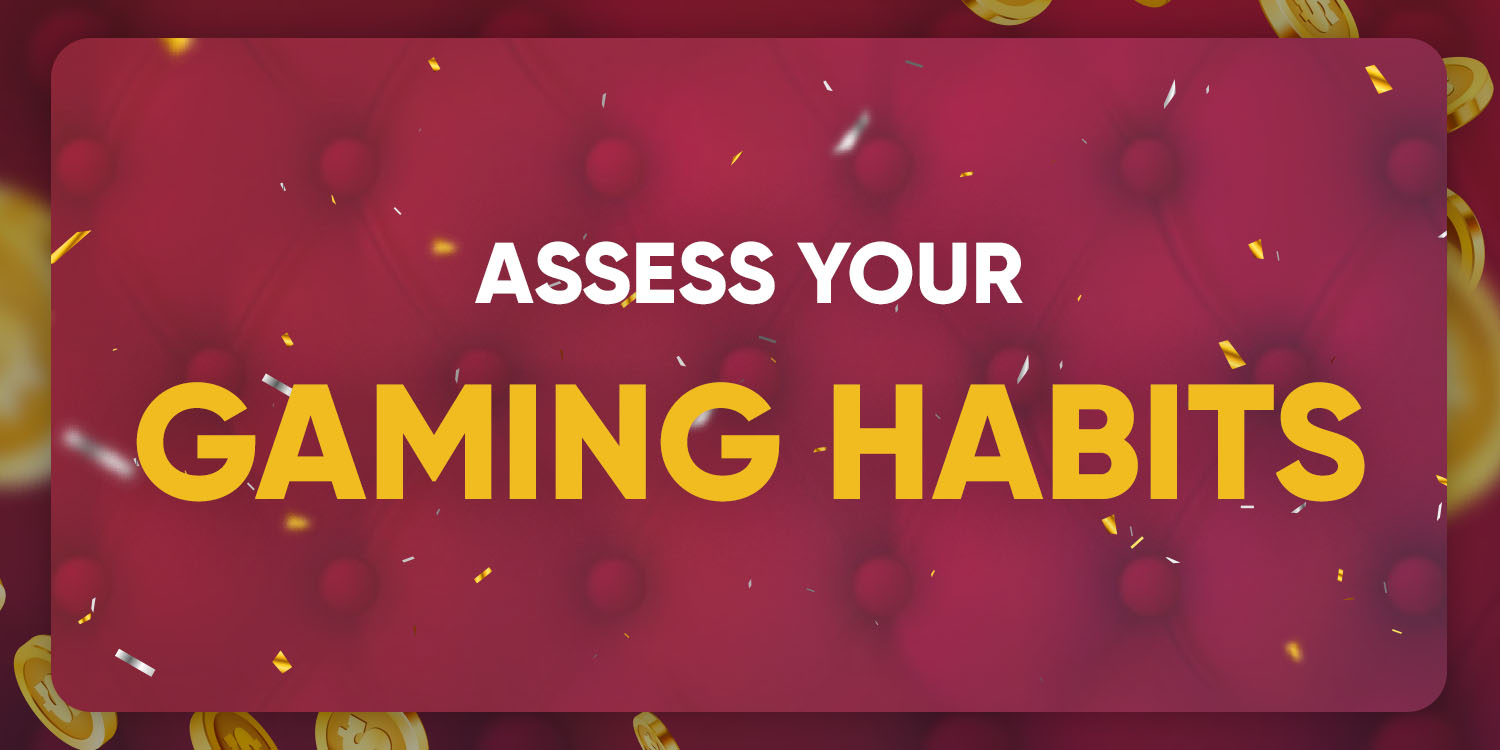
Think about your gaming habits over the past 12 months and take a look at the following indicators.
Warning signs
- I need to play for big money for fun.
- Every time I think about the opportunity to stop playing, I feel anxious/annoyed.
- I have made several unsuccessful attempts to control, reduce or stop the game.
- I often think about game situations (for example, I think about past games, plan future games, plan ways to get money to play, figure out what to do with prizes).
- I often play when I feel depressed, anxious, upset, or anxious.
- I often play to try and catch up on previous game experiences.
- I do not tell other people about my participation in the game (time and/or money that I spend on the game).
- I feel like I’ve already hurt myself personally and professionally because of my relationship with the game.
- I had to borrow money to pay off gaming debts or continue playing.
If you answered yes to 4 or more questions, we recommend that you seek help.
Protection of minors
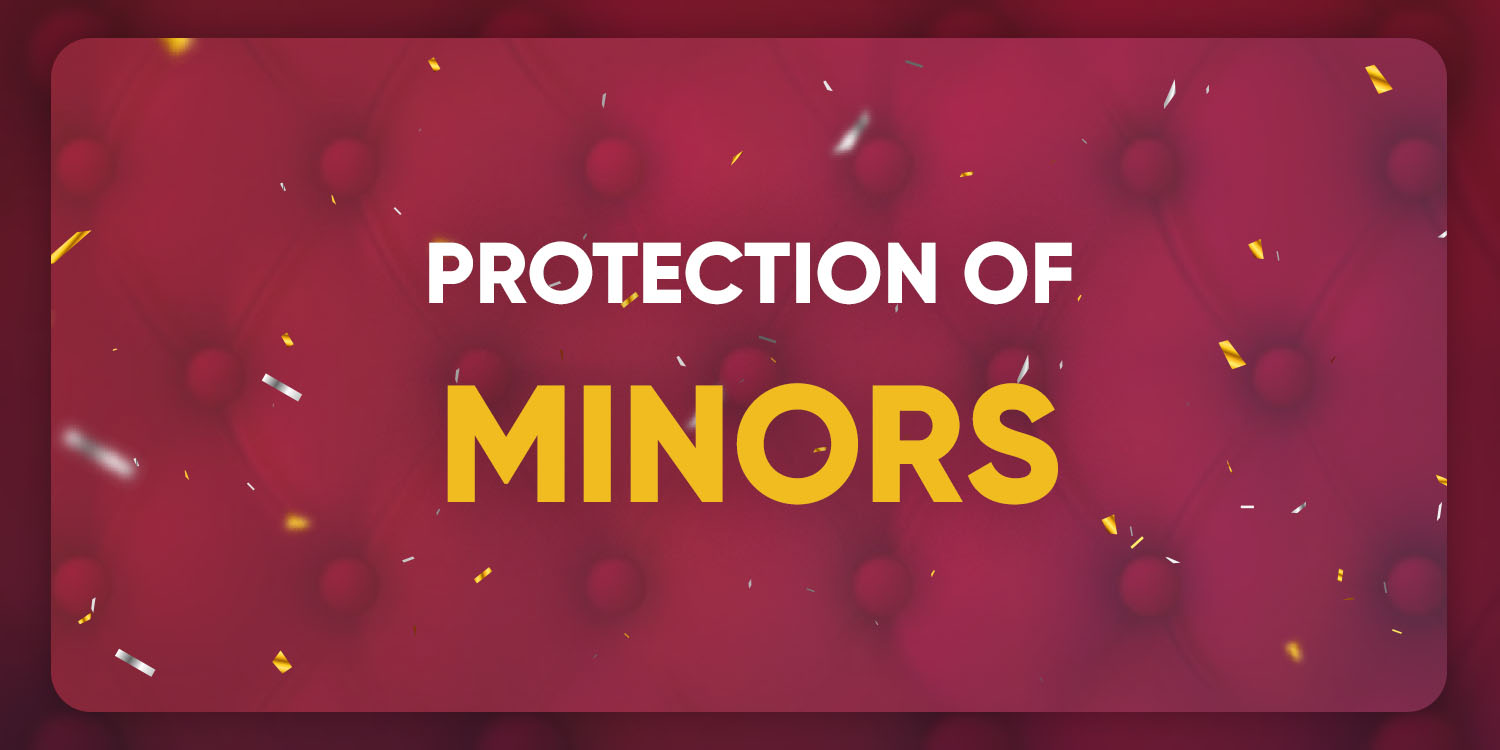
Minors are considered a vulnerable target audience and therefore need to be protected and kept out of gambling activities.
Why worry about minors?
- they have less control over their impulses;
- they have a lower perception of the risks associated with taking action;
- they have a great illusion of control and benefit;
- they have great illusions about predicting results;
- they are less likely to criticize or give advice and are more resistant to information campaigns;
- they may be more likely to resort to gambling as a way to compensate for feelings of isolation.
Be careful! Some signs that might indicate minors are betting on money:
- display unjustified spending in daily expenses;
- borrow money;
- show excessive interest in the results of the game;
- focus on results, and not on sports activities;
- show changes in mood (irritability, anxiety);
- isolate themselves from a group of ordinary friends;
- face a decline in school performance.
If in doubt, ask minor questions and explain the risks associated with playing for real money and using betting apps.
Tips for Gambling for Parents
Although our games are intended for an adult audience only, advertisements and information about them are available to everyone, including minors. Therefore, parents and teachers should explain the information received, explaining that cash games are only for people over 18 years old.
When it comes to gaming on online platforms, it is equally important for parents and educators to know or be informed about the apps used by minors, as online games are less monitored, making it difficult to mitigate the risks associated with gambling.
Nowadays, they can also be protected with programs that block Internet content, guaranteeing access restriction and monitoring.
Place your bets responsibly and protect minors:
- Prohibit them from playing for real money;
- Inform them about the risks associated with gambling;
- Do not involve them in action or game mechanics.
Remember that the behavior of parents and/or caregivers influences the future behavior of minors.
How to stay safe

Awareness of responsibility on the part of the user is the most reliable form of protection. Compliance with the following rules guarantees fun through responsible gambling:
- Only play when you feel refreshed and focused.
- Take breaks while playing.
- Set in advance how much you want to pay per month.
- Do not increase the maximum value of the limit you have set later.
- Before starting the game, determine the number of winnings with which you want to stop playing.
- Agree in advance on the number of losses.
- Do not play while under the influence of alcohol or drugs.
- Don’t play if you are emotionally upset.
If you or your loved ones become addicted to gambling, there are already developed options for help, such as self-exclusion, where you apply to be banned from betting, or there is also a hotline for addicts. But the best way, of course, is to consult a psychotherapist.
